We have more than 22,500 direct contacts who collectively can reach 8 million Canadians. Parachute excels at connecting people, communities and organizations wanting to prevent injury, and convening national conversations to share information, best practices, and support local initiatives.
National partners
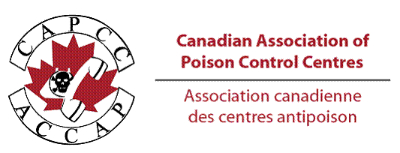
Canadian Association of Poison Control Centres
Established in 1982, the Canadian Association of Poison Control Centres provides a centralized forum for communication, information & idea exchange among Canadian Poison Centres. While its members are primarily professionals working in Poison Control Centres, other members have included pharmacists, pharmaceutical companies, forensic toxicologists, public health staff and emergency physicians. Parachute and Canada’s Poison Centres have worked collaboratively for over 15 years to educate on the leading causes of poisoning, prevention tips and policy recommendations.

Canadian Association of Road Safety Professionals
Valerie Smith, Director of Programs, was elected to the CARSP Board in 2018 and served on the planning committee for CARSP’s annual 2019 conference. In addition, Parachute, along with CARSP, presented a Vision Zero Workshop the day after the CARSP conference.

Canadian Centre on Substance Use & Addiction
The Canadian Centre on Substance Use and Addiction (CCSA) addresses issues of substance use and addiction in Canada by providing national leadership and mobilizing the power of evidence to generate coordinated action. We bring together people and knowledge to improve the health and safety of Canadians, families and communities. Parachute connects with CCSA on projects that relate to drug impairment and road safety and poisoning to children related to cannabis. Access to each other’s expertise and cross-promotion of programs are key activities.

Canadian Collaborating Centres for Injury Prevention
Established in 1999, The Canadian Collaborating Centres for Injury Prevention is a community of practice representing injury prevention centres throughout Canada. Its membership represents all the provincial injury prevention centres and the leading national injury prevention organizations in Canada. Parachute serves as the Secretariat for this national coalition.
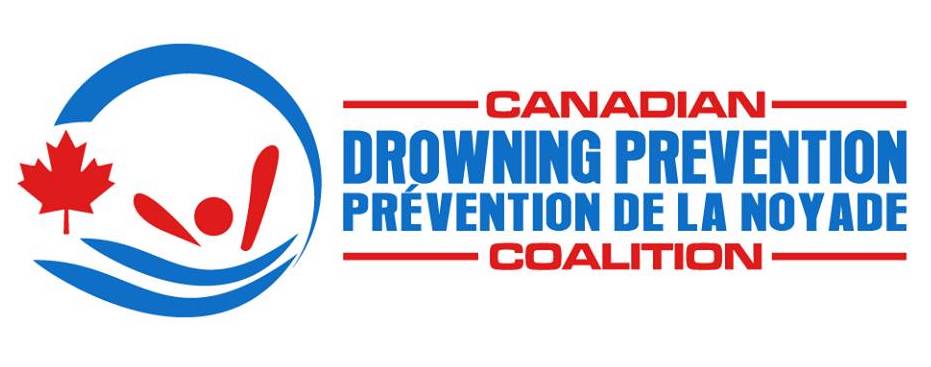
Canadian Drowning Prevention Coalition
Parachute’s Pamela Fuselli is on the board of directors for the Canadian Drowning Prevention Coalition, which published the fifth edition of the Canadian Drowning Prevention Plan in 2019 (opens PDF). She also serves on the technical group focusing on drowning in young children, ages birth to 4.
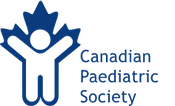
Canadian Paediatric Society
Founded in 1922, the CPS is a voluntary professional association that represents more than 3,600 paediatricians, paediatric subspecialists, paediatric residents, and others who work with and care for children and youth. The CPS is governed by an elected Board of Directors representing all provinces and territories. Pamela Fuselli has been a member of the Injury Prevention Committee for more than 15 years, contributing to the development of position statements on topics such as drowning, all-terrain vehicles, safe transportation and cycling.

Traffic Injury Research Foundation
The Traffic Injury Research Foundation (TIRF) develops and shares the knowledge that saves—preventing injuries and loss of life on the roads, reducing related social, health and insurance costs, and safeguarding productivity. TIRF is the Canadian source for international research related to the human causes and effects of road crashes, providing objective and scientific information to support the development, implementation, and evaluation of road safety programs, effective advocacy, and consultation. Parachute and the Traffic Injury Research Foundation (TIRF) have a shared goal of promoting best practices in road safety. The integration and leveraging road safety philosophies and approaches in the transportation and health and safety fields is essential to clearly defining important issues, holistically addressing identified road safety risks and barriers to progress, as well as tracking emerging priorities and focusing attention on them. Parachute and TIRF bridge this gap between sectors to form a strong connection and reciprocal relationship that leverages the strengths of our respective organizations.

Trauma Association of Canada
Parachute is a member of this not-for-profit professional organization focused on the care of the injured patient and family. We partner with them on injury-prevention strategies and education. In 2018, we issued a joint news release May 16 on “Trauma Season” – what emergency room staff call the period from the long weekend in May to the long weekend in September, when your chances of causing or suffering traumatic injuries on our roads is 30 per cent higher than they are from September through May. The story was picked up by CBC Radio news.
Regional alliances
Parachute collaborates with expert and active organizations in every province and territory. Through memorandums of understanding, we aim to work proactively and collaboratively with the following groups to reach as many Canadian injury prevention stakeholders as possible:
- BC Injury Research & Prevention Unit.

- Injury Prevention Centre (AB)
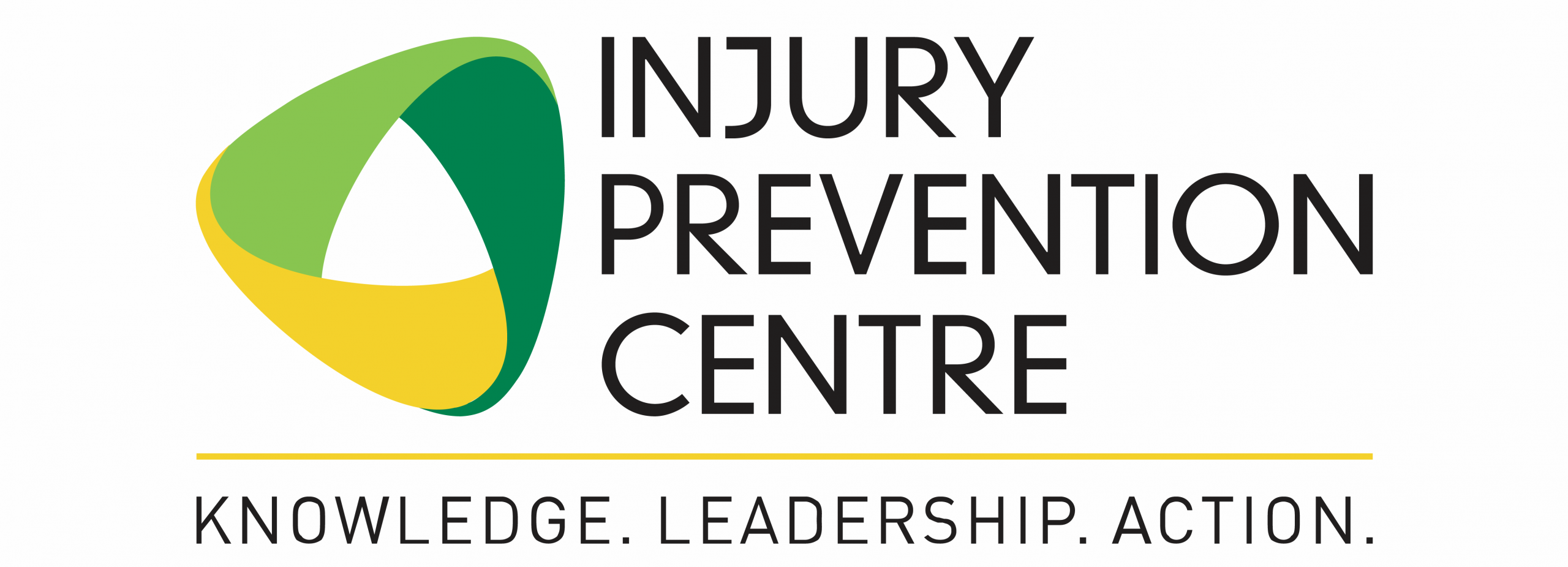
- Atlantic Collaborative on Injury Prevention.

Parachute also works closely with other injury centres:
- Child Safety Link (Nova Scotia)

- Saskatchewan Prevention Institute (SPI)

Safe Communities
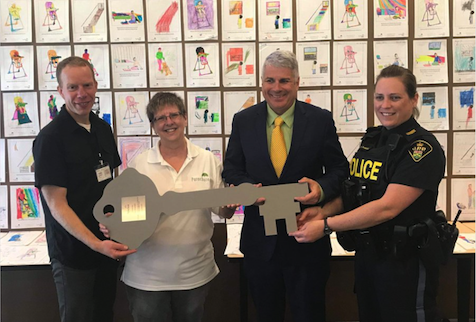
Parachute oversees a network of 69 designated Safe Communities in Canada.
These communities have brought together local officials from their municipalities at a leadership table, including representatives from local government, public health, police, fire and emergency services, educational institutions, local business, and health and safety organizations.
Designated Safe Communities have completed a formal Priority Setting Exercise and community scan. Parachute reaches out to these communities to activate programs locally, from Safe Kids Week to National Teen Driver Safety Week.
Schools, health, sports and community organizations
Parachute works with high schools across Canada to present special youth-focused injury campaigns, such as National Teen Driver Safety Week.
We also work in elementary schools to run events and programs such as Brain Waves, Elementary Road Safety, Safe Kids Week and Walk This Way.
Parachute oversees a series of ThinkFirst chapters across Canada. They are composed of people who devote their time and energy to prevent head and spinal cord injuries. Through public awareness initiatives such as school presentations and helmet fittings, volunteers with ThinkFirst work to let everyone know about the importance of protecting the brain and spinal cord from injury and trauma.
National Sports Organizations, Provincial Sports Organizations and other recreation and school-based sports are adopting protocols and resources based on Parachute’s concussion resources. In 2019, we are piloting a new concussion-awareness education program, Smart Hockey, for young hockey players.
We connect to our communities through our Twitter, Instagram and Facebook accounts @parachutecanada and we promote our programs, news, and information to community and health-promotion groups through our quarterly newsletter, Open Your Parachute.